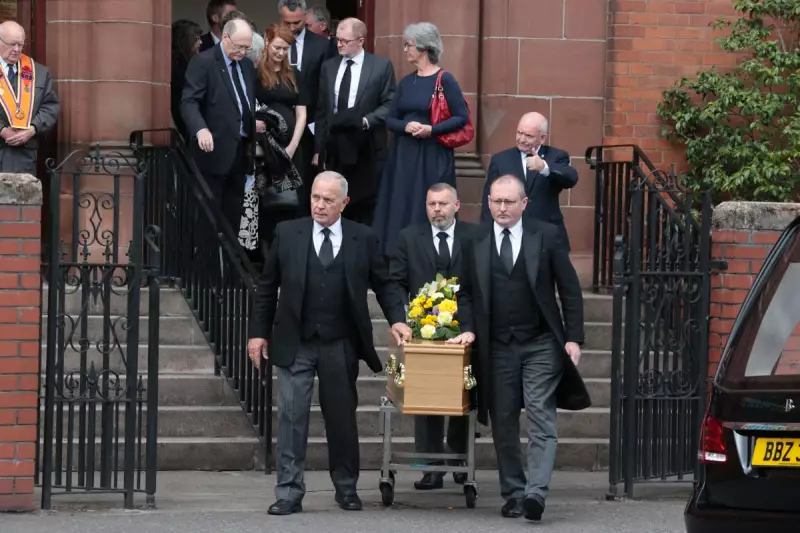
DUP deputy leader Gavin Robinson is facing fierce criticism and accusations of historical revisionism following controversial remarks about the Orange Order's role during The Troubles in Northern Ireland.
The East Belfast MP claimed the loyalist institution was not a "primary protagonist" in the three-decade conflict, statements that have been met with disbelief and anger from victims' families and political opponents.
Controversial Claims Spark Outrage
During a recent interview, Robinson attempted to distance the Orange Order from the worst excesses of the Troubles-era violence. His comments have been described as "deeply offensive" and "historically inaccurate" by those who lost loved ones during the conflict.
SDLP leader Colum Eastwood led the condemnation, stating that Robinson's remarks "will cause enormous hurt to people who lost loved ones" and accusing him of "airbrushing" the Order's complicated history.
Orange Order's Troubled History
Historical records indicate significant involvement of Orange Order members in loyalist paramilitary activities throughout the conflict. Many prominent loyalist figures held senior positions within the organization, complicating Robinson's attempts to separate the institution from the violence.
The Orange Order's marches and events were frequently flashpoints for sectarian tension and violence throughout the Troubles, contributing to the widespread community divisions that characterized the period.
Political Fallout and Reactions
The controversy comes at a sensitive time for unionist politics in Northern Ireland. Robinson's comments have drawn criticism from across the political spectrum, with many accusing the DUP of attempting to rewrite history for political convenience.
Victims' advocacy groups have called for Robinson to retract his statements and issue an apology to those affected by Orange Order-related violence during the conflict.
As Northern Ireland continues to grapple with its troubled past, political leaders' remarks about historical events remain under intense scrutiny, with victims' families demanding accuracy and sensitivity in how the conflict is remembered and discussed.





